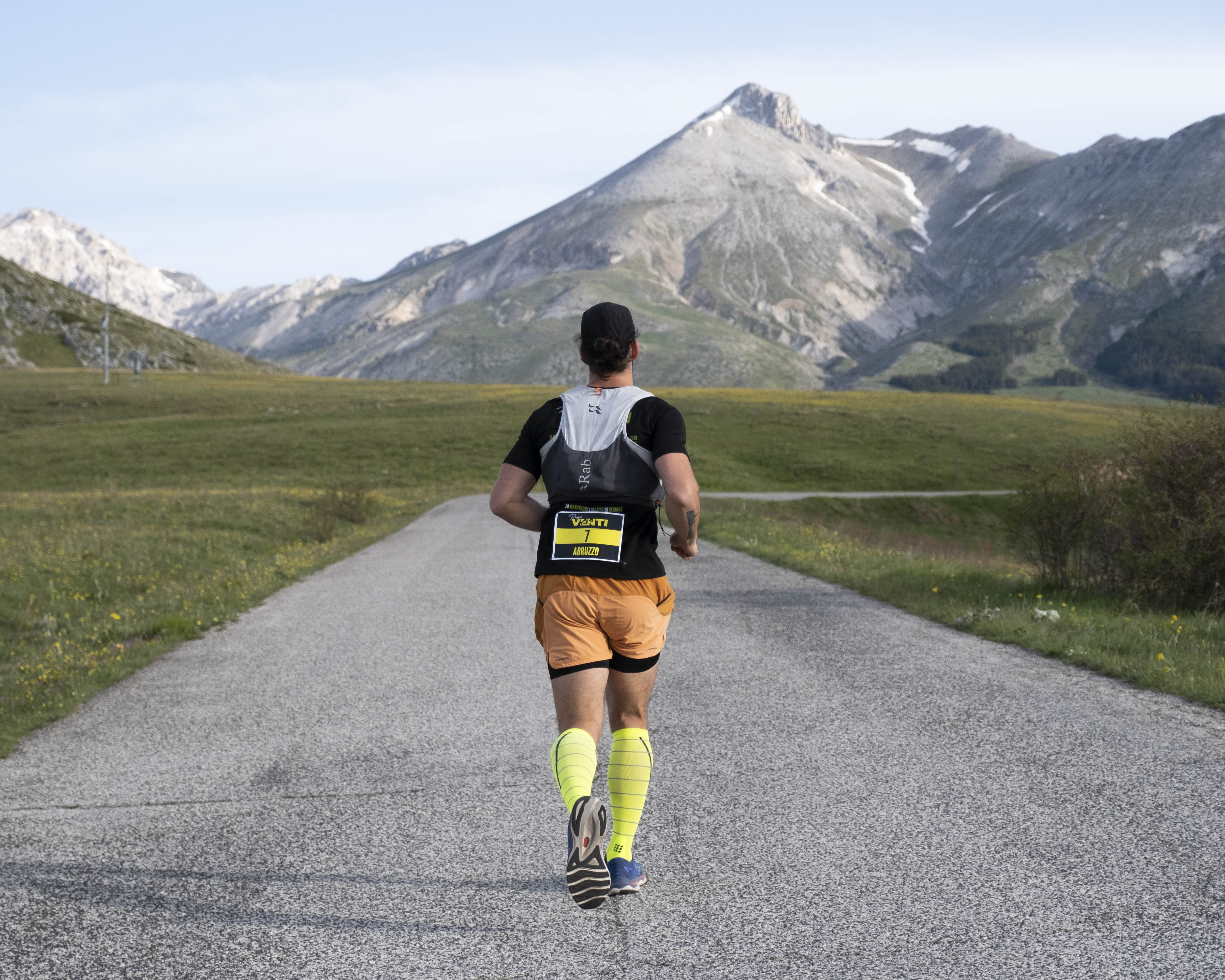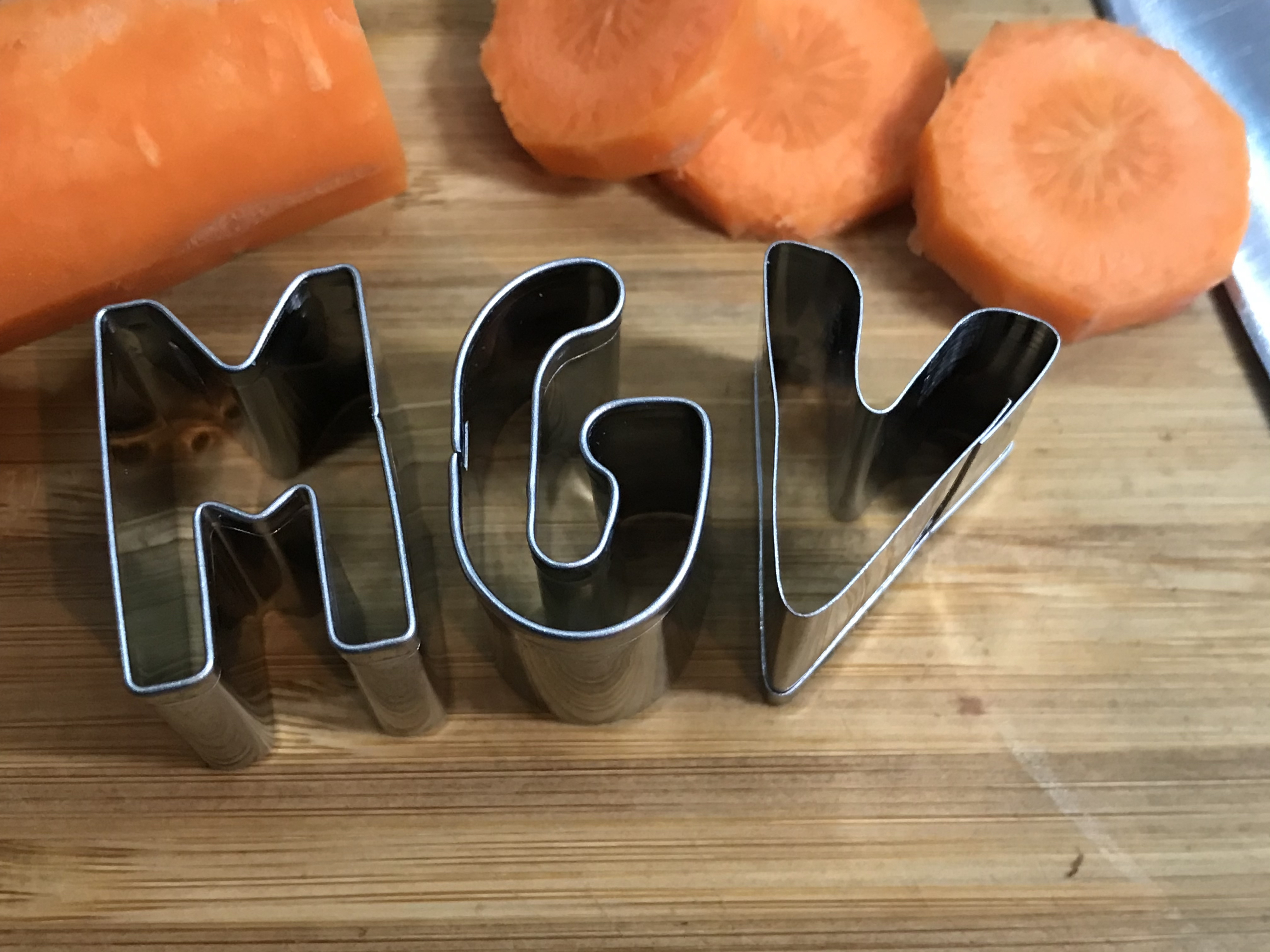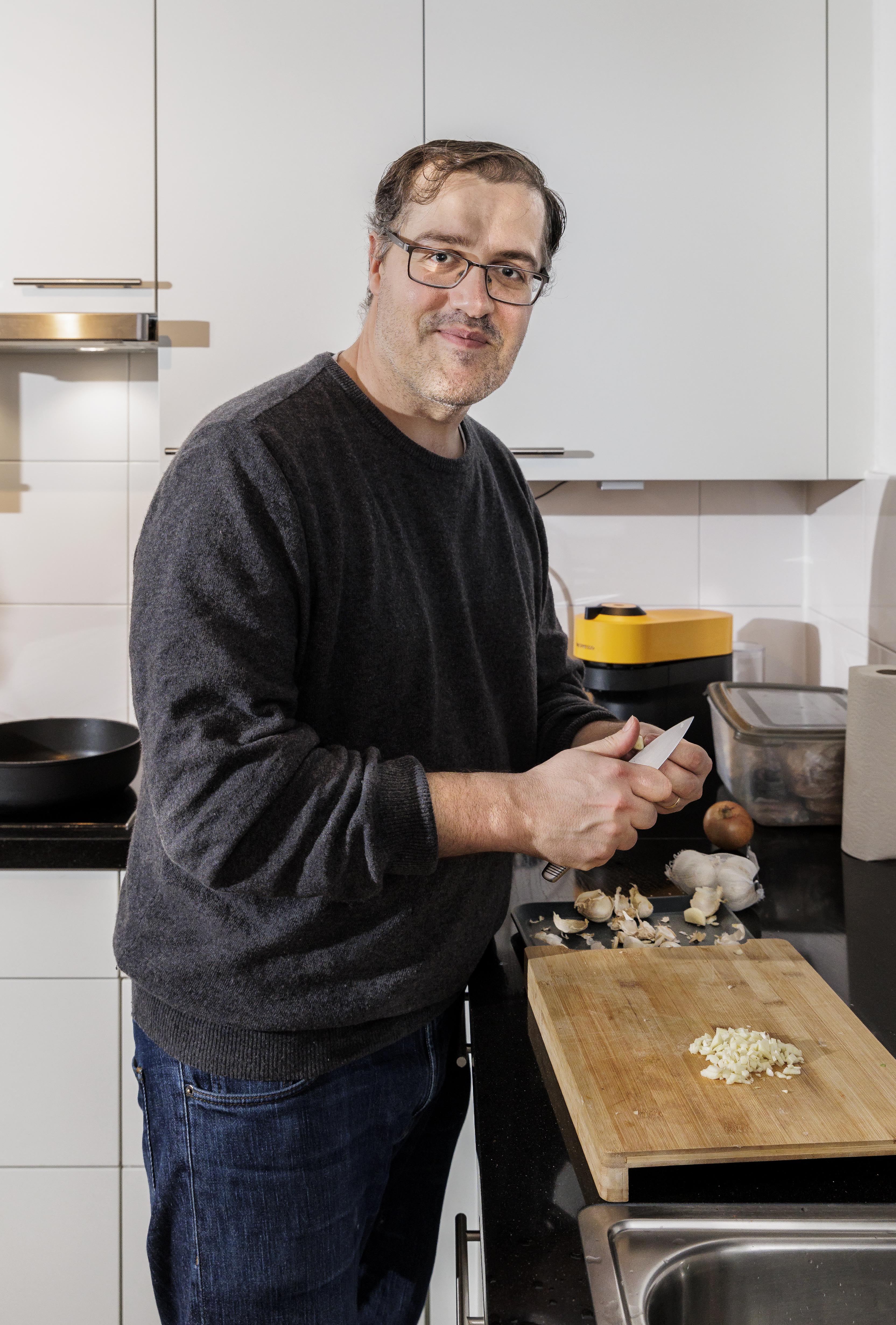Documentary: Trapped in a marriage
Over the past four years, Maastricht University, in collaboration with the National Workgroup Mudawannah, Dutch Refugee Organizations (VON), the Clara Wichmann Foundation and Atria, conducted a thorough investigation into marital captivity in the Netherlands and what can be done against it – particularly in legal terms. On 13 September, the researchers Esther van Eijk, Benedicta Deogratias and Pauline Kruiniger presented their conclusions during the conference: Gevangen in een huwelijk. Recht, religie & praktijk (Marital captivity. Law, religion & practice).
This short documentary has been made by Benedicta Deogratias as part of her PhD on marital captivity and human rights within the NWO research project: Marital Captivity: Bridging the gap between religion and law’ conducted at Maastricht University.
The documentary follows the story of a woman who for years remains trapped in her marriage and is not able to divorce. This is also referred to as marital captivity which concerns a situation in which one or both spouses are forced to remain married against their will because the religious marriage cannot be terminated. Essentially, this is a form of forced marriage that often affects women. An ongoing situation of marital captivity has devastating consequences for the trapped spouses and violates their fundamental rights. The lack of information and existing misunderstandings of marital captivity are factors that contribute to its persistence. This documentary was thus created with the aim to create greater awareness of this phenomenon and engage a wider public to the plight of women in situations of marital captivity.
Also read
-
Alumnus Alessandro Portante is running twenty marathons in twenty days across the twenty regions of his home country Italy, a challenge he calls Project Venti.
-
For a casual way to explore tasty plant-based cuisine in good company, you may want to check out Maastricht goes Vegan, a non-profit cooking event. Werner Teeling of the Faculty of Psychology and Neuroscience is one of the organisers.
-
David Baião Barata was born and raised in Castelo Branco, in eastern Portugal. His mother cooked typical Portuguese cuisine: hearty soups, lots of meat, everything doused in olive oil. It was only during his studies in cell and molecular biology in Lisbon that he began cooking for himself. And it...


